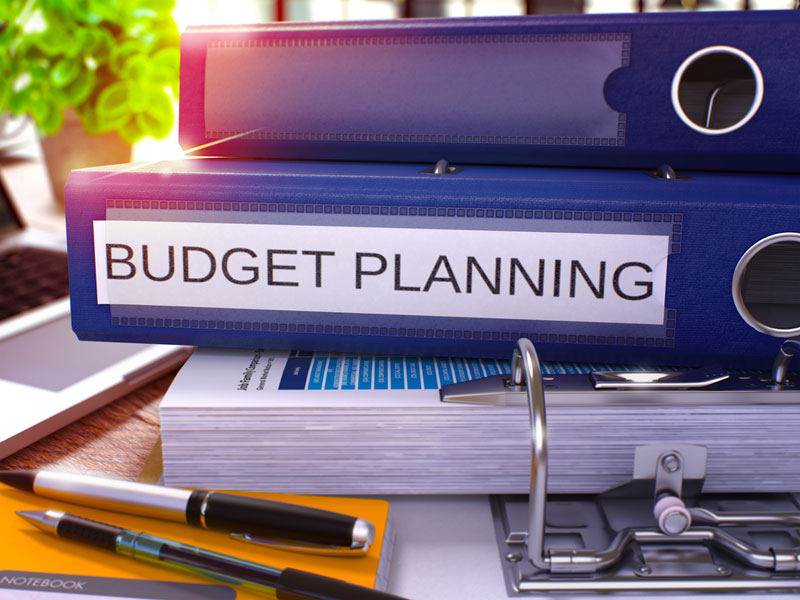
Health and physical well-being: After you have your external appearance under control, consider your internal being. Get a physical to check on your general health. Find out if there is a physical cause for your general malaise or lack of energy. Check on your nutritional status-when you are "down," it's too easy to skimp on your meals and fail to get adequate amounts of vitamins, minerals and other nutrients. It's one of those vicious-cycle things-you don't feel well, so you don't eat well. You don't eat well, so you don't feel well. And, of course, check on the condition of your heart and vascular system.
If you have been troubled by impotence or a total lack of interest in sex, don't accept for one minute that this is entirely due to your age, or is completely tied in to your unemployed state (although that can definitely bear on the problem). Bring up the topic and discuss it fully and frankly with your doctor.
If you are not having any physical problems, you should still get a physical exam. Just knowing that your general health is all right or that you are doing something about it, will be of value and will help increase your self-esteem.
Voice: Record your voice and listen to it. Your voice must be pleasant and full of energy, not loud, but dynamic. Articulate more carefully so that you'll be easy to understand. (Mumbling unfortunately goes along with the general blahs that afflict the unemployed.) And take the extra effort to organize your thoughts carefully.
Put Your Finances in Order
Your income for the immediately foreseeable future has been drastically reduced. Even if your last employer gave you a healthy severance package, you're not prescient. You don't know how long you will be unemployed. The length of unemployment for managers now averages somewhere between eight months and one year. In some industries (the financial industry, for instance) the length of unemployment has been much longer than that. Of course, some executives and professionals find immediate reemployment. But for each person in that happy circumstance, someone else has already been searching one year to eighteen months, depending to some extent upon the health of the business or industry in which he or she is searching for work.
So taking prudent financial steps immediately is essential, even if you'd rather just continue the way you are. Don't be an ostrich-instead, be realistic, as you review your situation.
1. Far too Many older professionals fail to apply soon enough for this income source out of a misplaced sense of pride. They feel degraded by the process. This is especially true when they've heard horror stories of applicants being treated as nonpersons, beneath the notice of the personnel in the state unemployment office. Worse yet, they resent the time that is wasted on routine processes not applicable to managerial-level people. When these people finally do apply, they discover they cannot recover the funds that would have been available to them between the end of their employment and the time they did apply. If you didn't go because you had accrued vacation time, the unemployment divisions of the various states automatically take this into account in calculating when they will begin paying benefits. There is always a period of delay between filing and the first check. So run, not walk, to file your application. You shouldn't lose any of the funds to which you are legally entitled. These funds were paid by law by your employer and, in some cases, by you. Also, some states do have effective and beneficial programs for executive-level personnel.
2. Go over your current budget. If you don't have one, check your actual expenditures for the last six months to determine your current spending levels.
List essential expenditures-food, utilities, mortgage, health insurance, tuition payments. (If any of your children are still in school, you will want to avoid taking them out of college if you can, since this will probably be upsetting to you and them. However, you might insist they get a job to help with expenses.)
List other expenditures for which you are obligated -car payments, loans, etc.
List expenditures you think you'll have to make during your job campaign. Don't cheat yourself and the success of your campaign by trying to cut corners on these. You must have resumes prepared; you should have personalized stationery and you'll need routine operating expenses-car, bus or train fare, lunch money. Also include personal-care items such as needed new apparel and more frequent haircuts and/or beauty shop appointments.
List items which are discretionary and can be cut. Cable TV, liquor, entertainment and country-club dues fall into this category.
3. Identify and list available income and other funds you will have for at least the next six months. Include unemployment compensation and your spouse's income.
4. Reinvest your pension funds.Take whatever action is necessary to reinvest your pension funds if you aren't vested in your former employer's pension system. You have only 60 days to rollover these funds into an IRA account. Don't miss the deadline. If you do, you won't be able to shelter the funds and you'll have to handle the money as regular income on your tax return. One other point: They're always there as a backup if your financial situation becomes desperate. Cashing in IRAs should be your absolutely last resort, however, since there are sizable penalties for early withdrawal of funds from these accounts.
5. List other possible sources of funding. Include the borrowing value of your life insurance, what you might get from refinancing your home or taking out a home equity loan, your stocks and bonds, IRAs, etc. You hope you won't have to tap these sources, but be realistic. What liquid resources do you have? (A house or other property is really not a liquid asset!)
